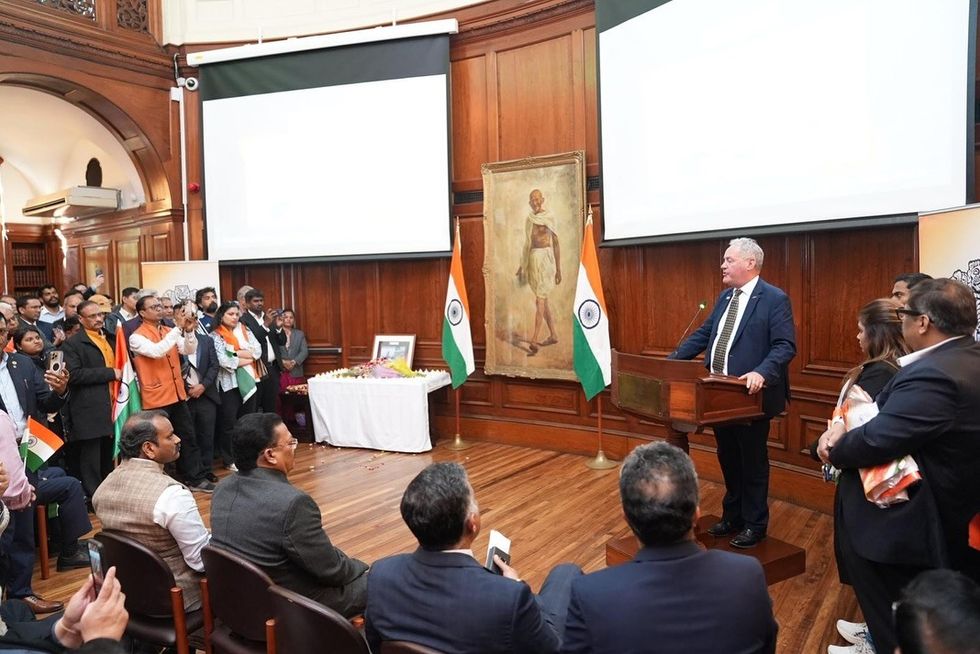by LAUREN CODLING
THE UK is looking to encourage diversity in public appointment roles, it was stressed last week during an exclusive event in Downing Street.
Each year, the government makes more than 1,000 public appointments to the boards of 500 public bodies, which between them spend over £200 billion of public money annually.
However, according to current statistics, only 10 per cent of public appointees are from an ethnic minority background, while 43 per cent are women.
Roles of public bodies include appointments within the NHS, the National Portrait Gallery and the British Museum.
The minister for implementation, Oliver Dowden, addressed the importance of diversity within public body roles.
Speaking to Eastern Eye at the event last Wednesday (21), he insisted the government
was not just trying to “tick boxes” but truly aiming to recruit talent.
Dowden, who was appointed as the parliamentary secretary at the Cabinet Office in January, admitted he was aware there could be challenges in persuading some individuals to engage. He believed that people might think they could not apply, as it was not accessible to them.
“It doesn’t matter what background you are from,” he said. “[…] We want to find the talent out there.”
Addressing the audience, Dowden said it was “vitally important” to have diversity in the UK public roles, and public body appointment roles should reflect the country’s communities and ethnic backgrounds.
“There is a moral imperative for that happening,” he said.
Far more importantly, he added, was the genuine value that diversity brings to decision and policy making.
“We want the best decisions to be made,” he said, citing research which showed companies
with greater ethnic diversity are 35 per cent more likely to have above average financial returns.
Businessman Lord Jitesh Gadhia, who was part of a public appointee panel, spoke about his own experiences. The investment banker said he was “delighted” to be speaking at the event, stating that the issue was close to his own heart.
Reflecting on his own career, Lord Gadhia referred to his first public appointment role at the age of 29, when he was appointed as a trustee of Guy’s and St Thomas’ Charity in 1998.
Talking about the positive impact holding a public appointment could have on an individual, Lord Gadhia said the rewards of the position came in many forms.
“Firstly, it forms your own personal development and broadens your horizons, being able to look at things through a lens of public policy,” Lord Gadhia, who is also the non-executive director at UK Government Investments, said. “Also, being exposed to talented people in the civil service and learning from the experiences of other board members.”
A number of entrepreneurs and public speakers attended the event, including businessman Dr Rami Ranger CBE; Kulveer Ranger, vice-president of strategy and communications for IT services Atos UK&I Dr Yvonne Thompson CBE, founder of 7 Traits Leadership Learning, and Simon Woolley, director of Operation Black Vote (OBV).

















 Bob Blackman MP speaks during the event
Bob Blackman MP speaks during the event
